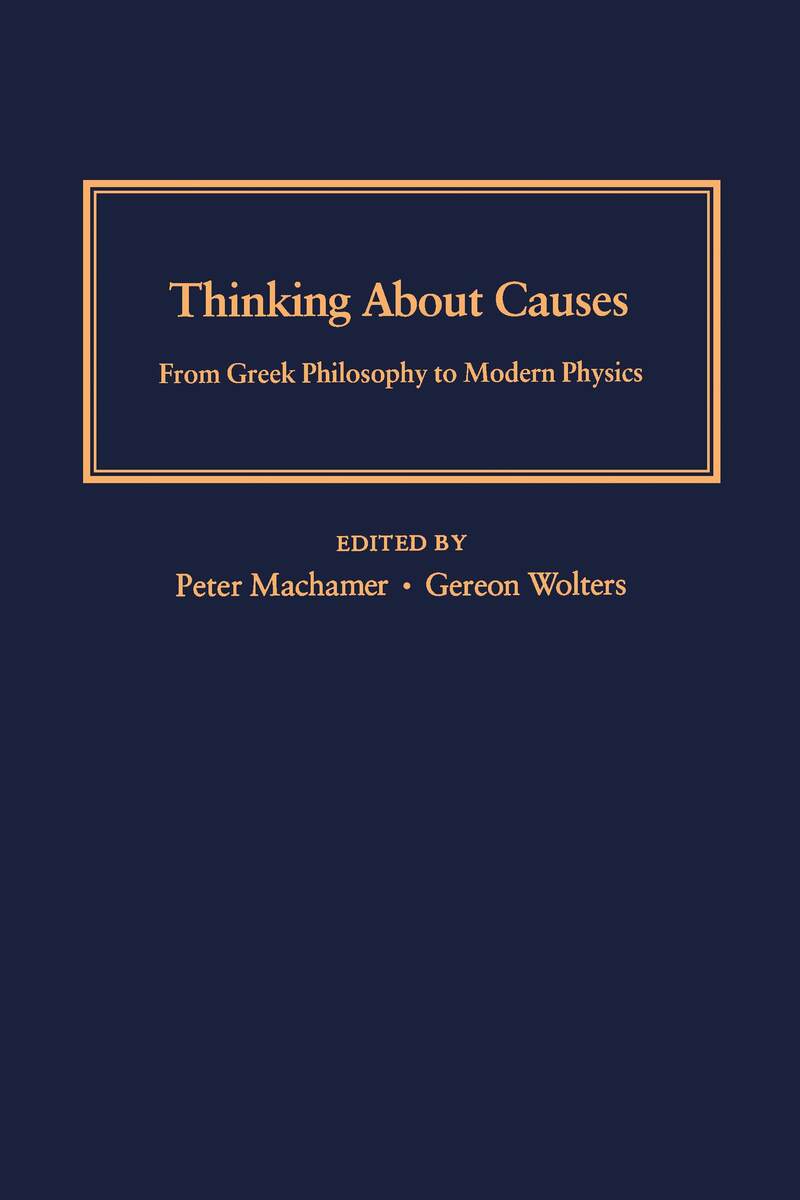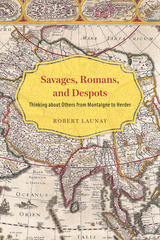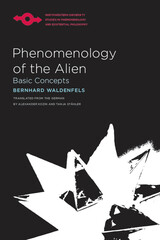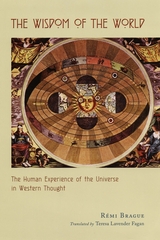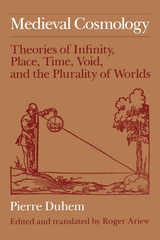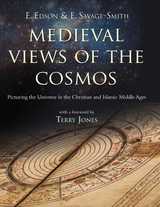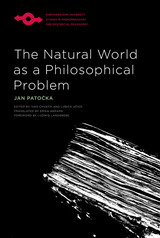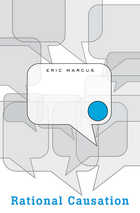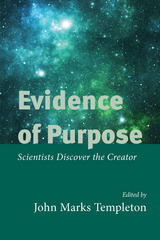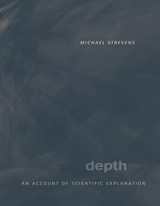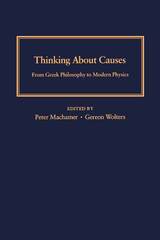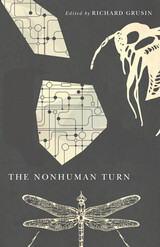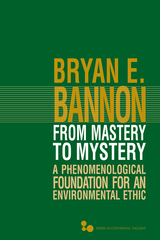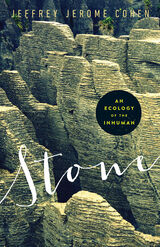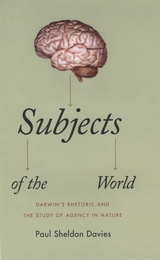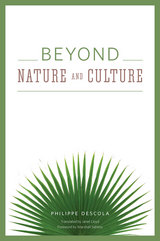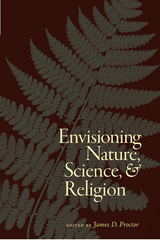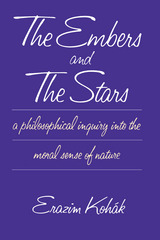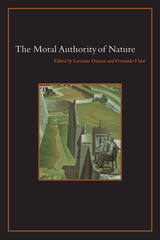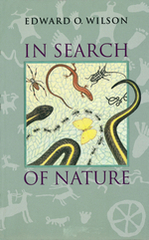eISBN: 978-0-8229-7111-5 | Cloth: 978-0-8229-4309-9
Library of Congress Classification BD541.T45 2007
Dewey Decimal Classification 122.09
Emerging as a hot topic in the mid-twentieth century, causality is one of the most frequently discussed issues in contemporary philosophy. Causality has been a central concept in philosophy as well as in the sciences, especially the natural sciences, dating back to its beginning in Greek thought. David Hume famously claimed that causality is the cement of the universe. In general terms, it links eventualities, predicts the consequences of action, and is the cognitive basis for the acquisition and the use of categories and concepts in the child. Indeed, how could one answer why-questions, around which early rational thought begins to revolve, without hitting on the relationships between reason and consequence, cause and effect, or without drawing these distinctions? But a comprehensive definition of causality has been notoriously hard to provide, and virtually every aspect of causation has been subject to much debate and analysis.
Thinking about Causes brings together top philosophers from the United States and Europe to focus on causality as a major force in philosophical and scientific thought. Topics addressed include: ancient Stoicism and moral philosophy; the case of sacramental causality; traditional causal concepts in Descartes; Kant on transcendental laws; the influence of J. S. Mill's politics on his concept of causation; plurality in causality; causality in modern physics; causality in economics; and the concept of free will.
Taken together, the essays in this collection provide the best current thinking about causality, especially as it relates to the philosophy of science.
See other books on: Causation | Machamer, Peter | Modern Physics | Philosophy & Social Aspects | Wolters, Gereon
See other titles from University of Pittsburgh Press
